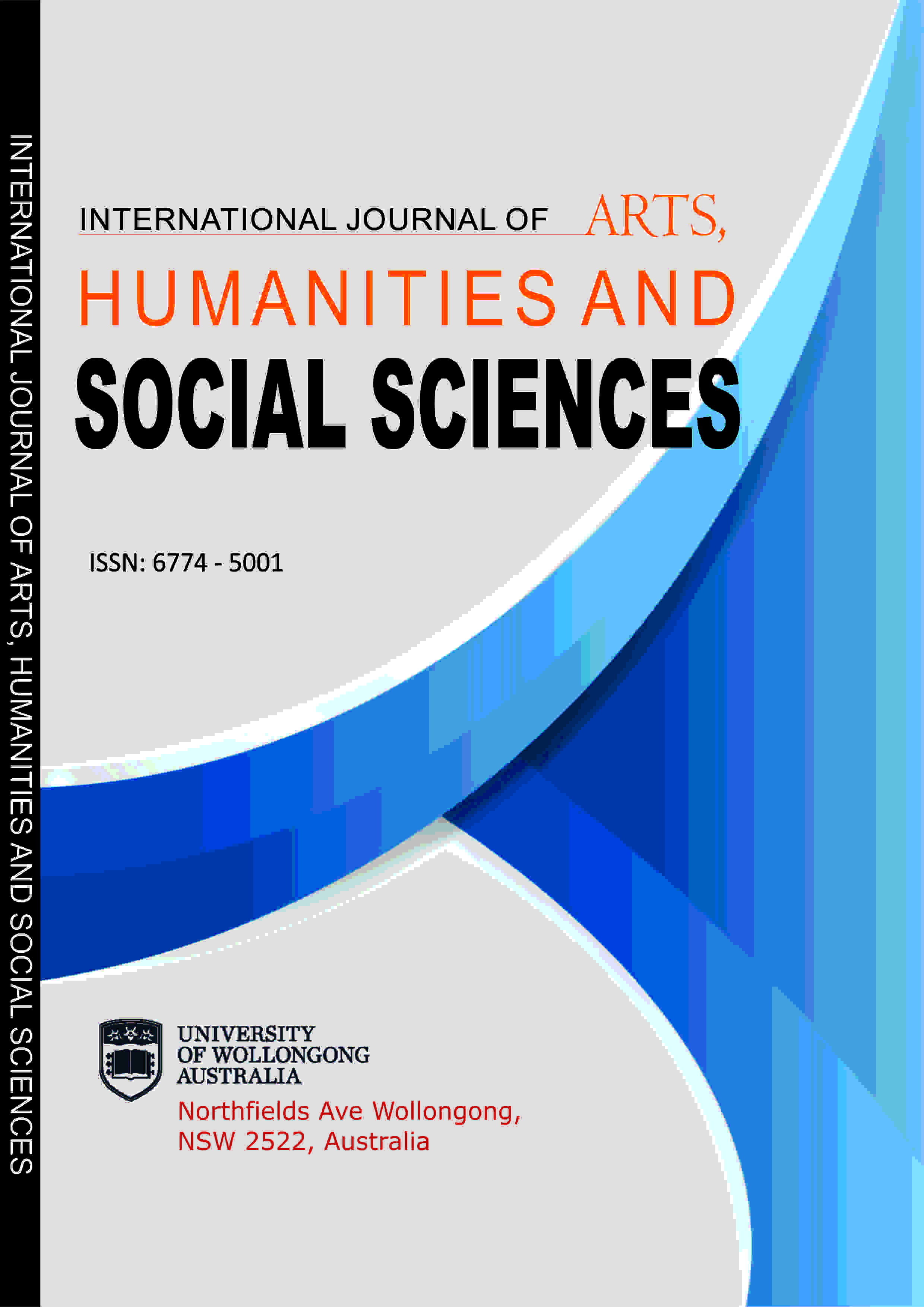INTERNATIONAL JOURNAL OF ARTS, HUMANITIES AND SOCIAL SCIENCES (IJAHSS)
ASSESSING THE ROLE OF ARTIFICIAL INTELLIGENCE IN MUSIC CREATION: COLLABORATIVE TOOLS, GENERATIVE MODELS, AND AUTHORSHIP
E-ISSN: 2579-048X
P-ISSN: 6774-5001
DOI: https://iigdpublishers.com/article/480
The integration of Artificial Intelligence (AI) in music creation has revolutionized the industry, transforming composition, production, and performance. This study explores the evolution of AI-driven music tools, highlighting the progression from early algorithmic compositions to contemporary generative models. AI has significantly enhanced music composition through advanced systems like AIVA, MuseNet, and MusicVAE, enabling the generation of melodies, harmonies, and full compositions that emulate human creativity. AI-powered production tools, such as LANDR and iZotope’s Neutron, streamline mastering and mixing, democratizing access to professional-grade audio production. Additionally, AI plays a growing role in live performances, with robotic musicians and real-time interactive visuals redefining audience engagement. The study also examines state-of-the-art generative AI models, including Generative Adversarial Networks (GANs), Variational Autoencoders (VAEs), Autoregressive Models, and Diffusion Models, which enhance creative possibilities in music generation. Despite these advancements, challenges remain in authorship attribution, ethical considerations, and the evolving role of human musicians. The paper further explores AI’s role in music classification, recommendation systems, and plagiarism detection. Looking ahead, AI-driven music research presents numerous opportunities, including improving AI-human collaboration, enhancing creativity through multimodal learning, and addressing ethical dilemmas related to ownership and originality. As AI continues to reshape the music landscape, understanding its capabilities, limitations, and potential future developments remains essential for both artists and technologists. This study provides a comprehensive overview of AI's impact on music, setting the stage for future research.
Anugwa Udokaku Lovelyn PhD
Agostinelli, A., T. Denk, Z. Borsos, J. Engel, M. Verzetti, A. Caillon, Q. Huang, A. Jansen, A. Roberts, M. Tagliasacchi, M. Sharifi, N. Zeghidour & C. Frank (2023). MusicLM: Generating music from
text. Available at: https://arxiv.org/abs/2301.11325
Atanackovid, D. (2024). Artificial Intelligence: Duality in Applications of Generative AI and Assistive AI in Music. INSAM Journal of Contemporary Music, Art and Technology, 12, 12-31. https://doi.org/10.51191/issn.2637-1898.2024.7.12.12
Ball, P. (2012). Iamus, classical music's computer composer, live from Malaga. The Guardian.
Barton, G. (2018). Music learning and teaching in culturally and socially diverse contexts: implications for classroom practice. Springer
Briot, J-P., Hadjeres, G., & Pachet, F. (2020). Deep Learning Techniques for Music Generation. In:
Computational Synthesis and Creative Systems. Springer Cham. https://doi.org/10.1007/978-3-319-70163-9
